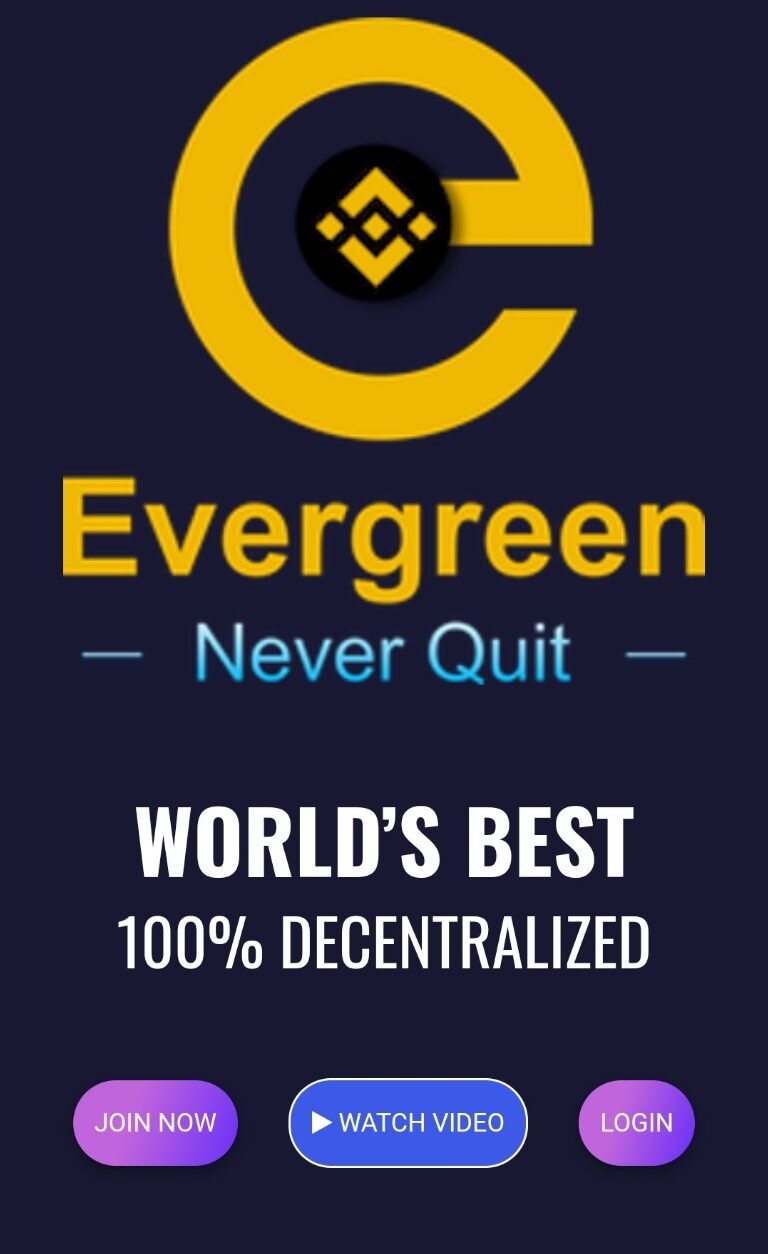Virtual products have become increasingly popular in today’s digital world. In this blog post, we will explore what virtual products are, how they work, and their various applications.
What are Virtual Products?
Virtual products are intangible goods or services that are delivered electronically or digitally. Unlike physical products, virtual products exist solely in a digital format and can be accessed or downloaded online. They can include a wide range of items such as software, e-books, music, videos, online courses, memberships, and more.
Virtual products are typically purchased and delivered through online platforms or websites. Customers can make a payment and instantly receive access to the digital product, either through a download link or by logging into a secure online account.
How Do Virtual Products Work?
Virtual products rely on digital technologies to function. When a customer purchases a virtual product, the transaction is processed electronically, and the product is made available for download or access. This process often involves the use of secure payment gateways to ensure the safety and privacy of customer information.
Once the purchase is complete, the customer can typically download the product directly to their device or access it through a designated online platform. Some virtual products may require additional steps, such as registration or activation, to ensure proper usage or to provide ongoing support.
Application of Virtual Products
Virtual products have a wide range of applications across various industries. Here are a few examples:
1. Software’s and Slots
Virtual products in the form of software and slots are widely used in both personal and professional settings. This includes applications, games, productivity tools, and more. Customers can purchase and download software directly from developers or online marketplaces.
2. E-books and Digital Publications
With the rise of e-readers and digital platforms, virtual products in the form of e-books and digital publications have become increasingly popular. These can be purchased and downloaded instantly, allowing readers to access their favorite books and publications on their devices.
3. Online Courses and Education
Virtual products are also extensively used in the field of education. Online courses, webinars, and training programs can be purchased and accessed digitally, providing learners with the flexibility to study at their own pace and convenience.
4. Digital Art and Media
Virtual products have revolutionized the art and media industry. Artists can sell digital copies of their artwork, photographers can offer high-resolution images, and musicians can distribute their music online. This allows creators to reach a global audience and monetize their work more easily.
5. Memberships and Subscriptions
Many businesses offer virtual memberships or subscriptions that provide access to exclusive content, services, or communities. This can include streaming platforms, online communities, software subscriptions, and more.
Benefits of Virtual Products
Virtual products offer several advantages over physical products:
1. Instant Delivery
With virtual products, customers can access their purchases instantly. There is no need to wait for shipping or physical delivery, making the process more convenient and efficient.
2. Cost-Effective
Virtual products often have lower production and distribution costs compared to physical products. This allows businesses to offer competitive pricing and pass on the savings to customers.
3. Environmentally Friendly
Since virtual products do not require physical manufacturing or shipping, they have a smaller carbon footprint compared to physical products. This makes them a more sustainable choice for both businesses and consumers.
4. Easy Updates and Access
Virtual products can be easily updated or accessed from anywhere with an internet connection. This ensures that customers always have the latest version or content without the need for physical replacements or upgrades.
5. Global Reach
Virtual products have the potential to reach a global audience. With the internet connecting people from all over the world, businesses can expand their customer base and increase sales without geographical limitations.
In conclusion, virtual products are intangible goods or services that are delivered digitally. They offer numerous benefits such as instant delivery, cost-effectiveness, and global reach. With the increasing digitization of various industries, virtual products are likely to continue shaping the way we consume and interact with goods and services.










